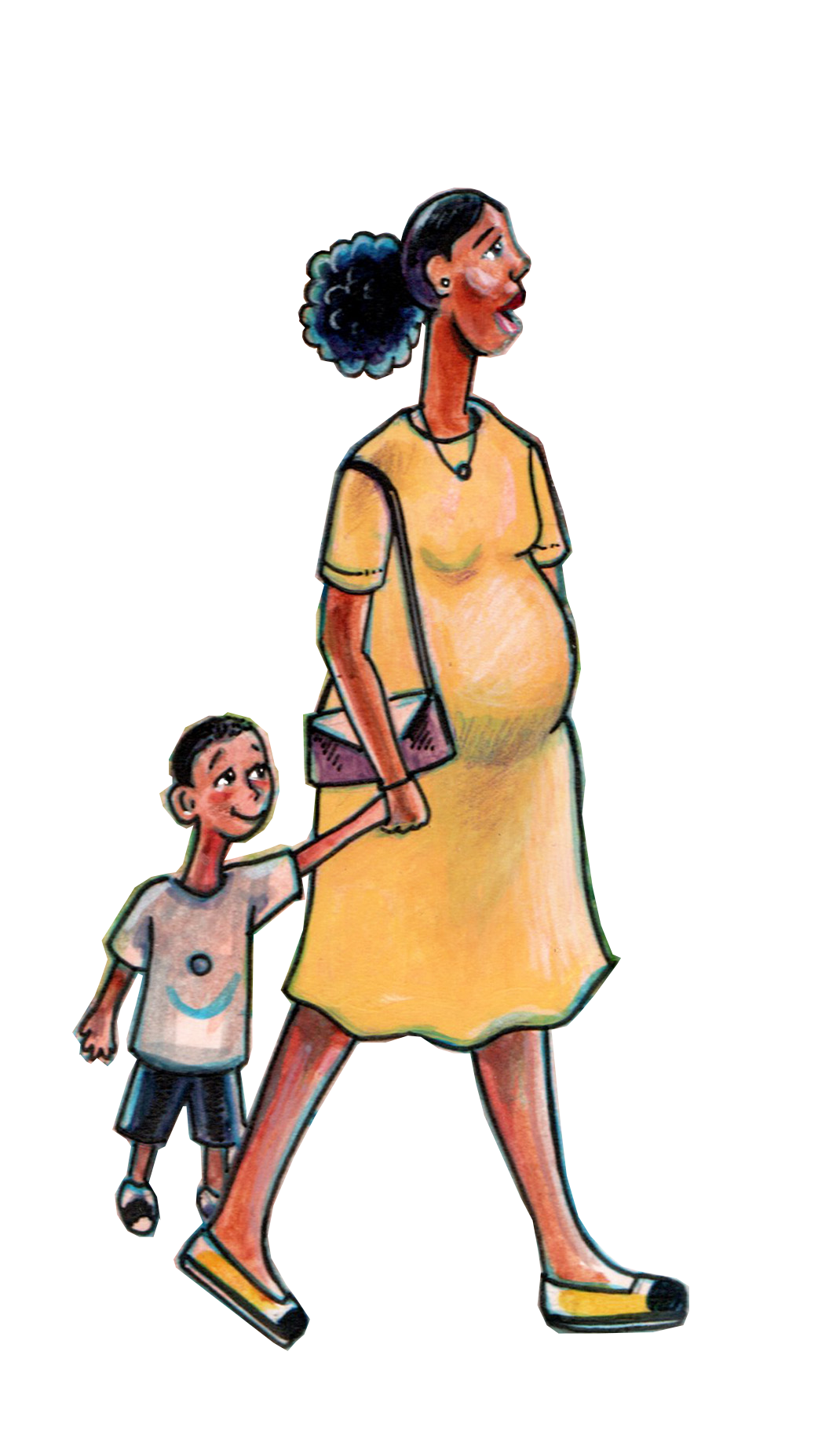Noteworthy cases in GA:
Family Police (Child Protctive Services) involvement for neglect:
Brittany Patterson was was arrested under suspicion of reckless conduct after letting her 10-year-old son walk home alone. The case led to SB 110 (effective July 1, 2025) which amends the definition of child neglect to specifically exclude allowing children to participate in age-appropriate, unsupervised activities.
Parenting
According to Pregnancy Justice, criminal charges related to pregnancy are only the beginning.
Parents may also face related “child welfare” cases after they or their babies are given non-consensual drug tests in trusted health care settings based on what they have or haven’t done during pregnancy.
These cases often carry strict and lengthy requirements of parenting classes, drug treatment — even if they don’t have a substance use disorder — invasive and unannounced in-home visits, and the threat or reality of family separation. This leads many to accept criminal plea deals because they would rather be incarcerated for a set amount of time in the hope of being reunited with their children sooner.
Whether it’s called “Child Protective Services,” the “Department of Social Services,” the “Department of Human Resources,” or simply “child welfare,” there is little actual protection of children. This Family Regulation System frequently targets and terrorizes parents of color and the poor and is another form of state control.
Every year, over 1.6 million people are criminally prosecuted for drug-related charges in the United States. The civil “family regulation system,” separate from state and federal criminal systems, also surveils and punishes parents for drug use. Suspicion or knowledge of a parent using drugs or alcohol has become one of the most common justifications harnessed by the state to condemn, investigate, and separate families.
In the twisted logic of the Family Regulation System, increasingly called the family policing system, conditions stemming from poverty, like a child not having enough food, a warm coat, or stable housing constitutes “neglect.” This often results in a child welfare investigation that can follow a family for years, regardless of its outcome, and lead to a child being separated from their family. Investigations are traumatizing for parents, caregivers, and children. Their privacy is invaded, their homes and possessions are searched, and children are physically examined by strangers. This horrific experience happens disproportionately to Black and Native families.
More than half of all Black children will be subjected to an investigation during their childhood. Black children are greatly overrepresented among the population of children taken into custody by the Family Regulation System.
